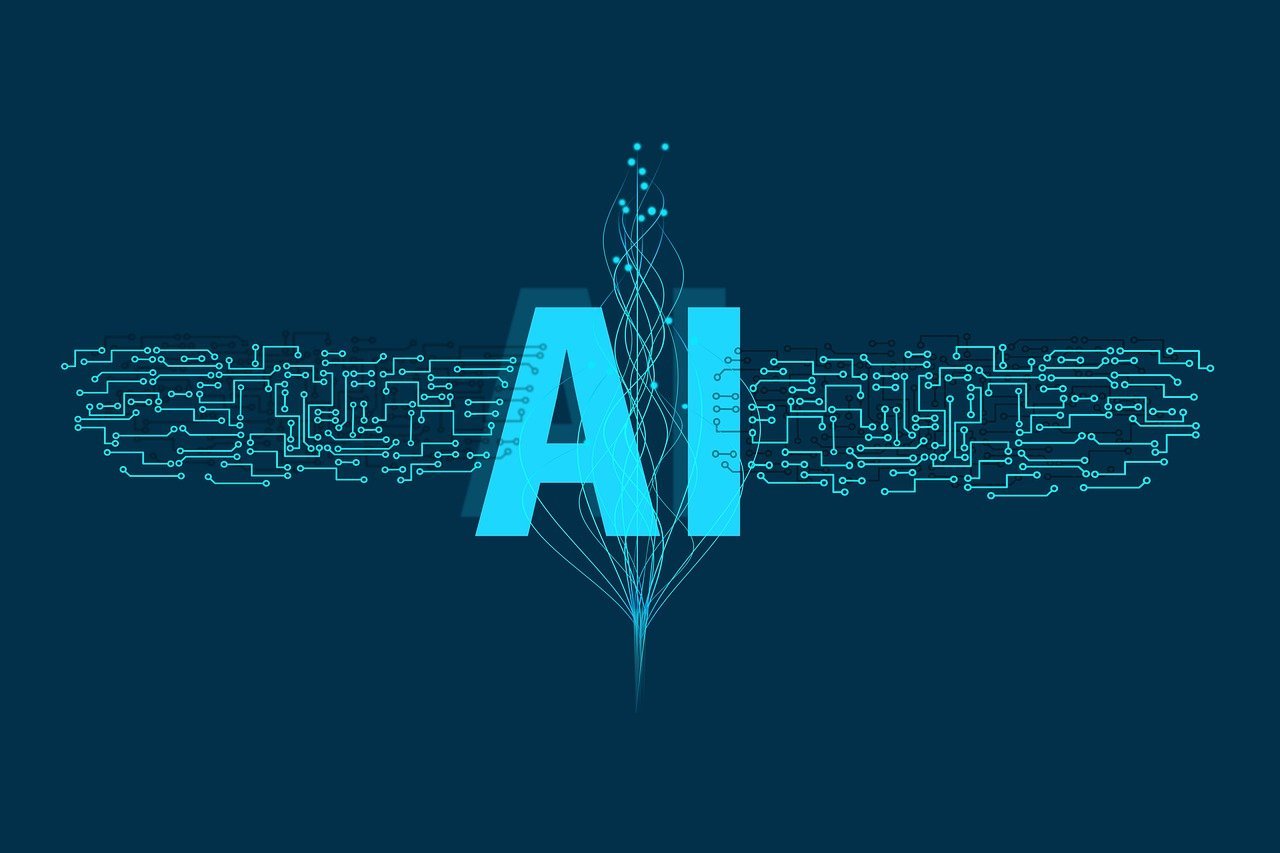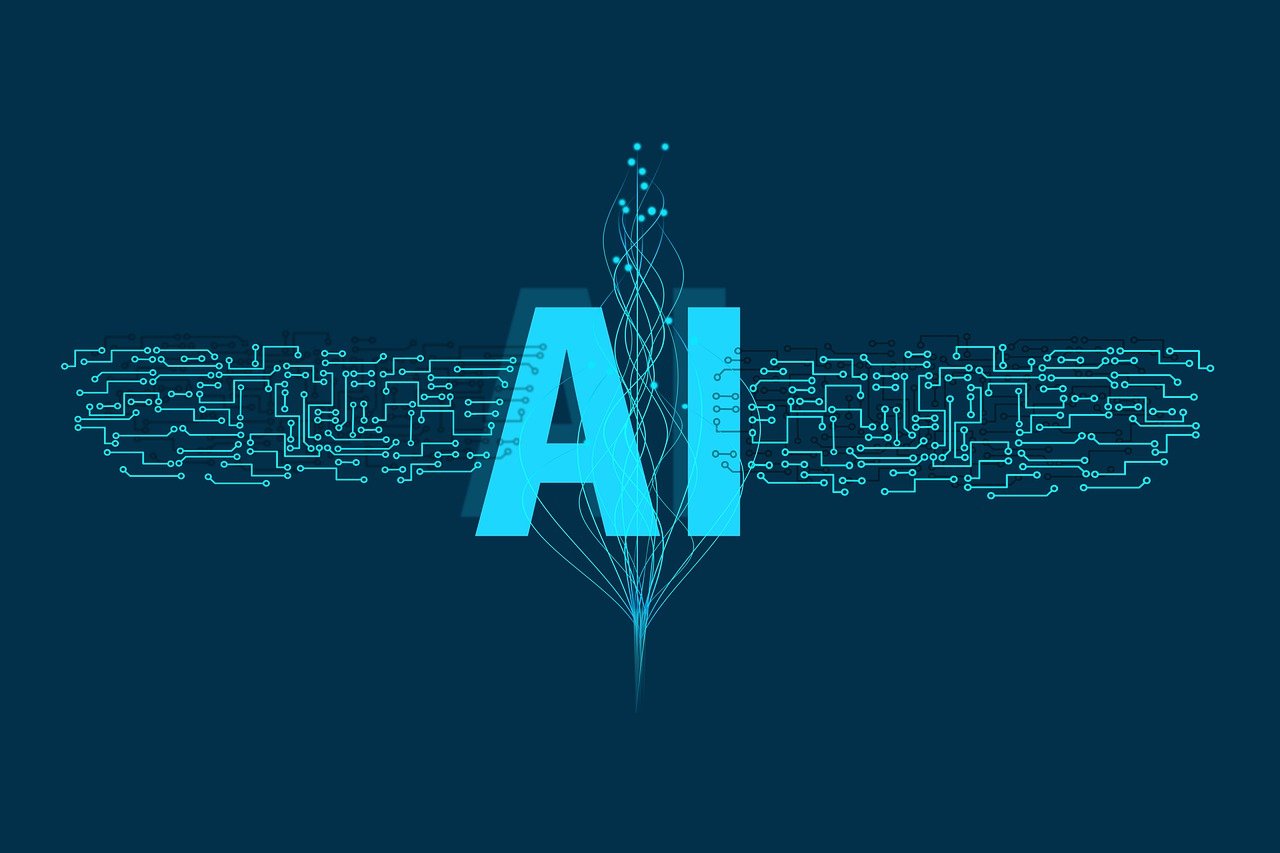
As the editor and collaborative lead strategist at MBN, I’ve witnessed firsthand the seismic shifts technology can bring to journalism. Over the past few years, one HUGE tech advancement has been artificial intelligence (AI).
From automating routine tasks to answering pretty much any question you’ve got, AI (or rather the use of AI tools) has slowly become more ingrained in my daily work. It has transfromed how I approach everything.
Automation of Routine Tasks
One of the most immediate impacts of AI on my job has been the automation of routine tasks. I remeber having to manually proofread every article for grammatical errors or stylistic inconsistencies, that’s now a 5 minute job I can outsource to AI, with full confidence in its ability.
AI-powered tools like Grammarly and Hemingway Editor have become indispensable, quickly scanning for mistakes and suggesting improvements.
This automation not only saves time but also allows me to focus more on the content’s substance rather than getting bogged down in the minutiae of editing.
We even have access to AI algorithms that can now assist in fact-checking by cross-referencing information against vast databases almost instantaneously.
This capability lets me ensure that the news published on the site maintains a high level of accuracy, which is critical in a world where misinformation is only becoming more rampant.
Enhanced Data Analysis and Reporting
Market Business News is heavily reliant on data—stock performances, economic indicators, market trends, and more. Analyzing this data manually was once a Herculean task that required significant time and expertise. AI lets me analyze complex datasets in minutes to draw conclusions that can be written in minutes.
Basically, it’s allowing me to do my job without the headache of being restricted by laborsome, menial tasks.
AI in Content Generation
Perhaps one of the most controversial yet intriguing developments has been the use of AI in content generation. Natural Language Processing (NLP) models like OpenAI’s “o1” model have demonstrated the ability to produce coherent and contextually relevant articles.
In our newsroom, we’ve experimented with AI-generated summaries to use to condense the main points of an article and place it before an article. Why? Because it enhances our content. It doesn’t replace it, it enhances it. And that is the KEY.
While AI can draft basic articles, it lacks the nuanced understanding and critical thinking that human journalists bring to the table.
Personalization and Audience Engagement
Understanding your audience, even potential audience, is always considered when writing content. AI has significantly improved our ability to analyze reader behavior through machine learning algorithms that track engagement metrics like click-through rates, time spent on articles, and social media interactions.
These insights allows media publications to personalize content recommendations, ensuring that readers are presented with articles that align with their interests. This not only enhances user experience but also increases reader loyalty and engagement with our platform. And don’t be fooled, this is used by many media outlets.
Ethical Considerations and Challenges
The integration of AI into journalism isn’t without its challenges. There’s an ongoing debate about the ethical implications of using AI for content creation.
Concerns about job displacement, authenticity, and accountability are at the forefront of industry discussions.
As the founder of this site, I have the responsibility of ensuring that our news articles do not mislead or create misleading content. Transparency is key.
Collaborative Synergy Between Humans and AI
Rather than viewing AI as a replacement, I’ve come to see it as a powerful tool that augments human capabilities. Human intuition and AI efficiency can lead to outstanding results. For example, AI can quickly process and analyze data, while emotional intelligence and ethical judgment can be passed to human editors.
Adapting to the Future
AI will only continue evolving. As an editor, staying ahead of these changes is part of my job. Continuous learning is essential.
We’ve started investing in training programs to help our team understand AI tools better and explore new ways to incorporate them into our processes.
Looking ahead, I anticipate that AI will become even more integrated into journalism, perhaps taking on roles we can’t yet imagine. The key will be to harness its capabilities responsibly, ensuring that it enhances rather than detracts from the quality and integrity of our work.
Conclusion
AI has undoubtedly transformed my role as a business owner, CTO, and editor of this site. It has automated routine tasks, enhanced data analysis, and opened new avenues for content personalization and audience engagement.
Yes, there are challenges, especially when it comes to ethics and job security, but I strongly believe that embracing AI is not just a boon but a necessity in modern media.
Journalism remains unchanged: to inform, educate, and engage the public with accurate and insightful reporting. AI is simply a new tool that. And, when used wisely, it can help us do our job more effectively.
Connect with me on LinkedIn for more AI insights: https://www.linkedin.com/in/joseph-nordqvist/









